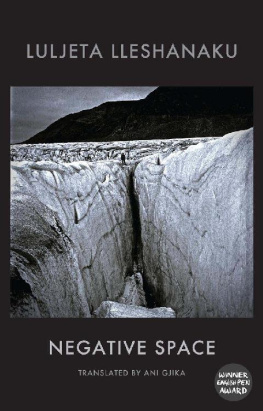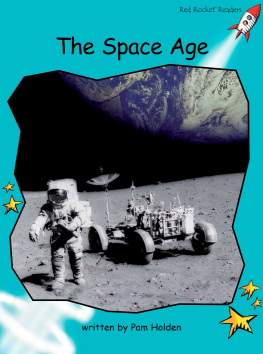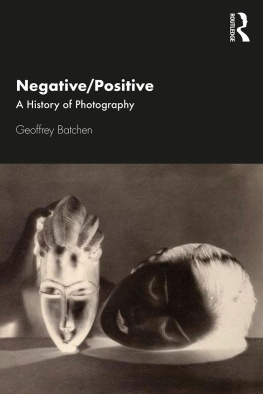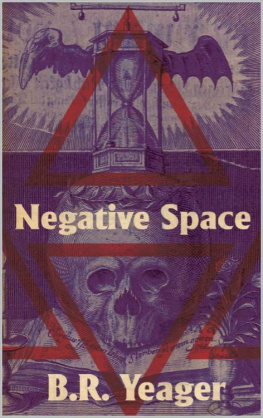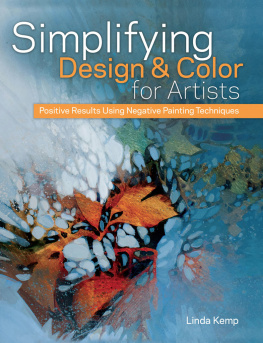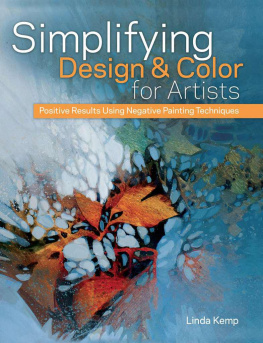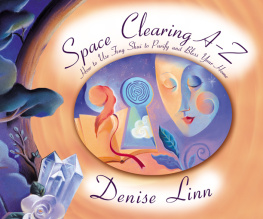Luljeta Lleshanaku [Lleshanaku - Negative Space
Here you can read online Luljeta Lleshanaku [Lleshanaku - Negative Space full text of the book (entire story) in english for free. Download pdf and epub, get meaning, cover and reviews about this ebook. year: 2018, publisher: Bloodaxe Books, genre: Detective and thriller. Description of the work, (preface) as well as reviews are available. Best literature library LitArk.com created for fans of good reading and offers a wide selection of genres:
Romance novel
Science fiction
Adventure
Detective
Science
History
Home and family
Prose
Art
Politics
Computer
Non-fiction
Religion
Business
Children
Humor
Choose a favorite category and find really read worthwhile books. Enjoy immersion in the world of imagination, feel the emotions of the characters or learn something new for yourself, make an fascinating discovery.
- Book:Negative Space
- Author:
- Publisher:Bloodaxe Books
- Genre:
- Year:2018
- Rating:3 / 5
- Favourites:Add to favourites
- Your mark:
- 60
- 1
- 2
- 3
- 4
- 5
Negative Space: summary, description and annotation
We offer to read an annotation, description, summary or preface (depends on what the author of the book "Negative Space" wrote himself). If you haven't found the necessary information about the book — write in the comments, we will try to find it.
Luljeta Lleshanaku [Lleshanaku: author's other books
Who wrote Negative Space? Find out the surname, the name of the author of the book and a list of all author's works by series.
Negative Space — read online for free the complete book (whole text) full work
Below is the text of the book, divided by pages. System saving the place of the last page read, allows you to conveniently read the book "Negative Space" online for free, without having to search again every time where you left off. Put a bookmark, and you can go to the page where you finished reading at any time.
Font size:
Interval:
Bookmark:
Cover photograph: Arctic glacier (1992) by Marzena Pogorzay Luljeta Lleshanaku

In 2011, Writers in Translations outstanding work and contribution to diversity in the UK literary scene was recognised by Arts Council England. English PEN was awarded a threefold increase in funding to develop its support for world writing in translation. www.englishpen.org
Almost Yesterday
Their large window opens to the east. A lazy boy in sandals drags a bucket of water half his size. Sedative. The world holds its breath for one moment. The page turns. Trucks loaded with cement leave the symbol for infinity in the dirt.
Along the wall, a plumb line measures the height like a medallion hanging into space or from someones neck whose face nobody bothers to look at. They started with the barn. This is how a new life begins with an axiom. I remember my father returning sweaty from the fields at lunch break; he and mother coming out of the barn tidying their tangled hair in a hurry, both flushed, looking around in fear like two thieves. Their bedroom was cool and clean on the first floor of the house. I still ask myself: Why in the barn? But I also remember that the harvest was short that year, the livestock hungry; we were on a budget and switched the lights off early.
I was twelve. My sleep deep, my curiosity numbed, tossed carelessly to the side like mounds of snow along the road. But I remember the barn clearly, as if it were yesterday, almost yesterday. You cannot easily forget what you watch with one eye closed, the death of the hero in the film, or your first eclipse of the sun.
A ticket booth. The slow clock hanging from a nail. Some of the passengers have been sitting in the same chairs for a while now. They know that you must wait for the moment and that the moment will not wait for you. Only a few get on; fewer get off. The man sitting on a bench kills time reading a local newspaper.
Train platforms are all the same, except for the boy hiding behind the pole, the collar of his school uniform askew. He is not the firstborn, but the prodigal son, the chosen one for adventure and the parable of return. Fried dough, candy, mint sodas! Its the wandering vendor who stirs the thick air with his clumsy voice. His pockets are empty but deep. Dust clings freely on his sticky fingers, along with a strand of hair, and in the evening, sometimes, an entire city. You dont forget small-town stations easily, the short stops with ordinary charm.
If you pay attention to every detail, they will become our alibi for not arriving on time or for never arriving at all wherever we had set out to go.
And we call destiny our common unknown, a genderless, unconjugated, unspecified name. Its authority hangs on one shoulder like the tunic of a Roman senator leaving only one arm bare and free.
And in the last row, young boys craning their heads towards the beauty marks on the blonde girls necks. I dont remember the teachers name, the room, or the names of the portraits on the wall, except the irony clinging to the stump of his arm like foam around the Cape of Good Hope. When his healthy arm pointed out Bismarck, his hollow sleeve gestured in an unknown direction. We couldnt tell which one of us was the target, making us question the tiniest bit of who we thought we were. Out of his insatiable mouth flew battle dates, names, causes. Never resolutions or winners.
We could hardly wait for the bell to write our own history, as we already knew everything in those days. But sometimes his hollow sleeve felt warm and human, like a cricket-filled summer night. It hovered, waiting to land somewhere. On a valley or roof. It searched for a hero among us not among the athletic or sparkly-eyed ones, but among those stamped with innocence. One day, each one of us will be that teacher standing before a seventeen-year-old boy or a girl with a beauty mark on her neck.
Font size:
Interval:
Bookmark:
Similar books «Negative Space»
Look at similar books to Negative Space. We have selected literature similar in name and meaning in the hope of providing readers with more options to find new, interesting, not yet read works.
Discussion, reviews of the book Negative Space and just readers' own opinions. Leave your comments, write what you think about the work, its meaning or the main characters. Specify what exactly you liked and what you didn't like, and why you think so.

